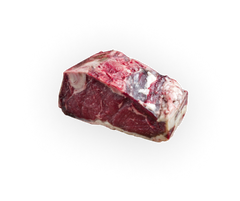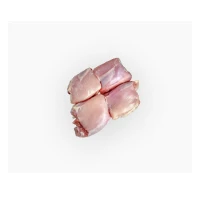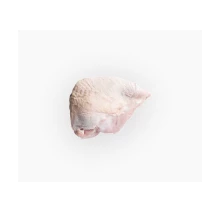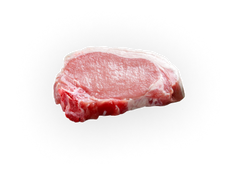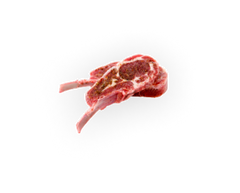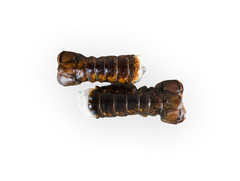We gain the energy, minerals, vitamins and nutrients that we need to function well, from the food we eat. Therefore, when looking at the meat we eat, it is important to understand that what they will impact your health.
When it comes to reading labels, this is just as important when comes to buying meat. Labels that claim low sugar or salt, generally mean that other chemicals have been added to make up for the loss of flavor or texture, that resulted from removing or reducing that ingredient. When we buy meat is is just as important to understand labels. You may find in the grocery that some labels mention 'grass-fed' versus 'grain-fed'. You may well think this is not important. However, it is important to understand that when an animal has been 'grass-fed', it means that at some point, these cattle were fed on grasses, it does not mean that they were grass-fed from beginning to end, and herein lies the subtleties of food labeling when it comes to meat. You may also see labels that mention 'grass-finished', which means that the cattle ate grain most of their lives and were grass-fed only at the end.
You may wonder why this is so important and what this has to do with your health. "We are what we eat", but have you ever stopped to think that this applies to every living being, including the animals we eat? As we head into the season of BBQ's it might be worth thinking of how the quality of the meat you eat, and how this will have an impact on your health.
There are three main reasons to pay attention to the above information.
Firstly, cattle were meant to eat grasses. They have a rumen, a complex digestive system made up of four compartments, which allows them to effectively ruminate (chew over) the grass they eat. Through a fermentation process, this turns these grasses into volatile fatty acids, which are the cow's main source of energy and growth (University of Minnesota Extension).
Grains are often fed to cattle as this is a quicker and cheaper way of fattening them up, it does not improve the quality of the meat. Their digestive systems need to adapt to their grain feed and therefore they produce more fatty tissues, the quality of the meat produced is higher in Omega 6 fatty acids and when we consume too much of this Omega 6, it can become pro-inflammatory. The protein content of the meat produced is also reduced.
Secondly, the meat that comes from cattle that have been grass-fed from beginning to end, which is a longer process than grain-fed cattle, has a higher content of Omega 3 fatty acids content and is lower Omega 6 fatty acids. We generally look to increase our intake of Omega 3 fatty acids, as these healthy fats help to reduce inflammation they are also essential for hormone production and supports many body systems.
Thirdly, protein content is interesting to think of when buying meat. Grain-fed cattle are fatter however the protein content of their meat is lower than their entirely grass-fed counter-parts. We need good quality protein for our health as one of its main functions is to help repair and grow the different tissues in our body, it also keeps us fuller for longer. So buying meat from grain-fed cattle, will certainly not be as effective on the above points.
So you can easily see how the quality of the meat you eat, will have an impact on your health. If you are looking to make this change, you can always start with the cheaper cuts of meat and see how this impacts your health and well-being.
Susan is originally from Switzerland where she met her Canadian husband whilst working at a global agribusiness company in Geneva. She then studied at the University of Brighton (U.K.) where she received her Nursing Diploma. When their daughter was diagnosed as being gluten and dairy intolerant, Susan decided to take a new approach to health and trained as a Registered Holistic Nutritionist, with the Canadian School of Natural Nutrition, where she graduated in 2016.
